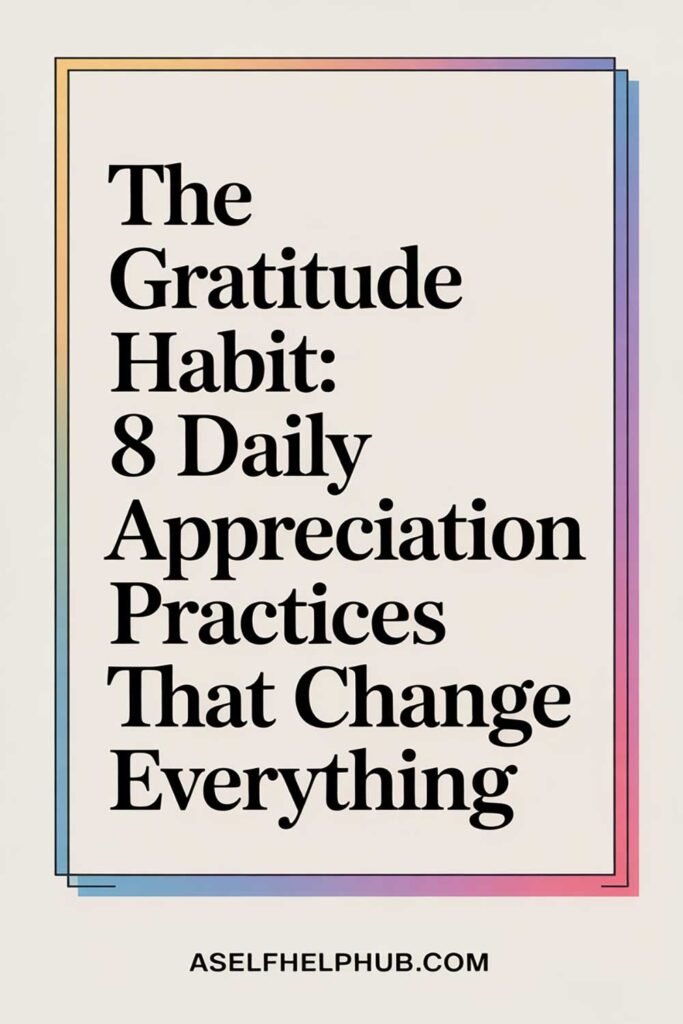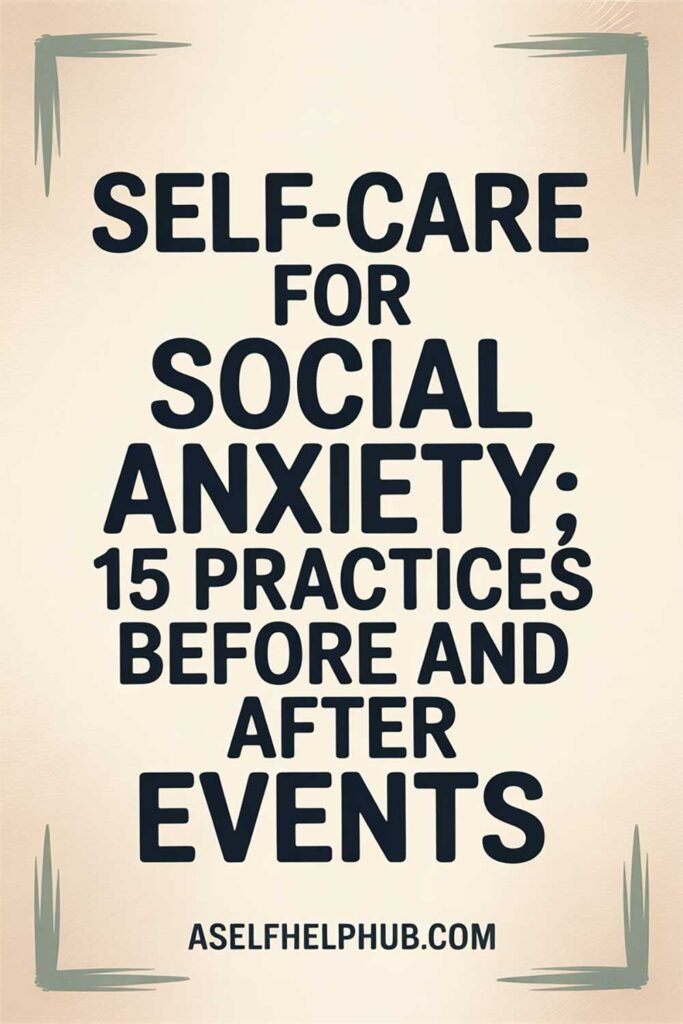The Psychology of Happiness: How Your Brain Responds to Joy
Happiness is often thought of as an elusive feeling, something we chase but rarely grasp for long. But what if happiness isn’t just an abstract emotion? What if it’s a measurable, biological response wired into our brains? Understanding the psychology of happiness can help us cultivate more joy in our lives by working with—not against—our natural mental and emotional processes.

The Science Behind Happiness
Happiness isn’t just about feeling good. It’s a complex interaction of brain chemistry, neural activity, and psychological factors that create a sense of joy and well-being. Scientists have identified key neurotransmitters and brain structures responsible for happiness, including:
- Dopamine: Known as the “reward” chemical, dopamine is released when we experience pleasure, achieve a goal, or anticipate something exciting.
- Serotonin: This mood-regulating neurotransmitter helps with feelings of well-being and emotional stability.
- Oxytocin: Often called the “love hormone,” oxytocin is linked to social bonding, trust, and feelings of connection.
- Endorphins: These natural painkillers create a sense of euphoria and are often released through activities like exercise and laughter.
Each of these chemicals plays a role in how we experience happiness, but our environment, behaviors, and mindset also influence their production.
How the Brain Processes Joy
Your brain processes happiness through a series of interactions between different regions:
- The Prefrontal Cortex: This area helps regulate emotions, allowing us to focus on positive experiences and filter out negativity.
- The Amygdala: This almond-shaped structure plays a role in processing emotions, including both joy and fear.
- The Hippocampus: Responsible for memory, the hippocampus helps us recall positive experiences, reinforcing feelings of happiness.
- The Reward System (Nucleus Accumbens): When we engage in enjoyable activities, this system is activated, releasing dopamine and reinforcing behaviors that bring pleasure.
Why Happiness Feels Fleeting
Have you ever noticed that even after achieving something you deeply desired, the joy fades quicker than expected? This is due to a psychological phenomenon called hedonic adaptation—our brain’s tendency to return to a baseline level of happiness after both positive and negative experiences.
This is why external achievements—like promotions, new relationships, or material possessions—don’t create lasting happiness. Our brains adjust to new circumstances, requiring us to seek new sources of joy to maintain the same level of excitement.
How to Train Your Brain for More Happiness
While some aspects of happiness are genetic, science shows that we can actively improve our well-being by engaging in specific habits that trigger the brain’s happiness pathways.
1. Practice Gratitude
Gratitude increases serotonin and activates brain regions associated with positive emotions. Keeping a gratitude journal or regularly reflecting on what you appreciate can rewire your brain for happiness.
2. Engage in Meaningful Social Connections
Oxytocin is released when we connect with others. Engaging in meaningful relationships, expressing affection, and fostering social bonds significantly boost happiness levels.
3. Exercise Regularly
Physical activity releases endorphins, reduces stress hormones, and improves overall mental health. Activities like running, dancing, or even walking in nature can elevate your mood.
4. Savor Positive Experiences
Instead of rushing through joyful moments, take time to absorb them. Whether it’s a delicious meal, a warm hug, or a beautiful sunset, consciously appreciating these moments enhances their impact on your happiness.
5. Engage in Acts of Kindness
Helping others stimulates the brain’s reward system and releases oxytocin, fostering a deep sense of satisfaction and connection.
6. Mindfulness and Meditation
Practicing mindfulness reduces stress, increases self-awareness, and strengthens neural pathways associated with happiness. Even a few minutes of deep breathing or meditation can help balance emotions.
Can Money Buy Happiness?
The relationship between wealth and happiness is complicated. Studies suggest that while financial security contributes to overall well-being, beyond a certain income level, more money doesn’t necessarily lead to more happiness. Instead, how we spend money matters more—investing in experiences, giving to others, and reducing financial stress can enhance happiness more than accumulating material goods.
The Role of Perspective in Happiness
Happiness is less about what happens to us and more about how we interpret events. Two people can experience the same situation and have completely different emotional reactions based on their mindset.
- Optimism and Reframing: Training yourself to see challenges as opportunities can increase resilience and overall happiness.
- Letting Go of Perfectionism: Accepting that happiness doesn’t require a perfect life helps reduce stress and unrealistic expectations.
- Embracing Growth: Understanding that happiness isn’t static but something we cultivate daily allows us to appreciate the journey rather than obsess over the destination.
Inspirational Quotes on Happiness
“Happiness depends upon ourselves.” – Aristotle
“The purpose of our lives is to be happy.” – Dalai Lama
“Happiness is not something ready-made. It comes from your own actions.” – Dalai Lama
“Very little is needed to make a happy life; it is all within yourself, in your way of thinking.” – Marcus Aurelius
“Happiness is when what you think, what you say, and what you do are in harmony.” – Mahatma Gandhi
“Count your age by friends, not years. Count your life by smiles, not tears.” – John Lennon
“Happiness is not the absence of problems, it’s the ability to deal with them.” – Steve Maraboli
“Joy is not in things; it is in us.” – Richard Wagner
“If you want to be happy, be.” – Leo Tolstoy
“Happiness is a state of activity.” – Aristotle
Picture This
Imagine waking up each morning with a sense of deep inner peace and contentment. You no longer feel like happiness is something you have to chase—it’s already within you. You smile more, laugh easily, and genuinely enjoy the little things in life. A morning cup of coffee, the warmth of the sun on your skin, or the laughter of a loved one fills you with gratitude. You find joy in your relationships, your passions, and even in the simple act of being present in the moment. No longer waiting for external events to dictate your happiness, you’ve trained your mind to embrace joy every day.
How would your life change if you truly believed happiness was something you could create, rather than something you had to find?
Please Share This Article
If this article helped you better understand the psychology of happiness, please share it with someone who might need it today. A little more joy in the world can go a long way!






